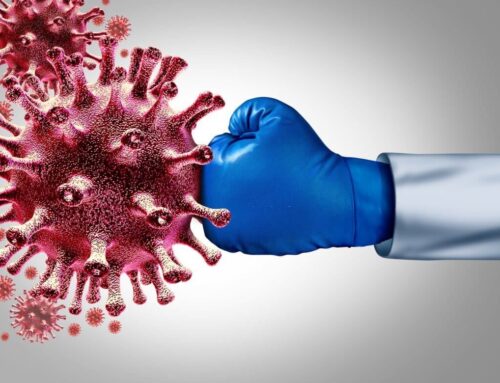The day 2 antigen test is an important tool in determining whether or not a woman has conceived. It is used to check the levels of the pregnancy hormone hCG in a woman’s urine. The test should be performed on day 2 of the menstrual cycle, which is typically 14 days after ovulation.
A woman should perform the test first thing in the morning before she has had anything to eat or drink so that her levels are at their highest. The results will be ready within minutes and will show either a negative result, meaning there is no hCG detected, or a positive result, meaning there are detectable levels of hCG present.
What is the Purpose of the Day 2 Antigen Test?
The Day 2 Antigen Test is a test that is used to detect the presence of H. pylori in the stomach. It does so by detecting antibodies against this bacteria on the second day after you take medication for your infection. The test can be performed with or without a breath test for H. pylori, which will help determine if you have an ulcer or not.
The Difference Between Day 1 and Day 2 Antigen Tests
Day 1 antigen tests are more expensive than day 2 antigen tests. Day 1 antigen tests are usually used for high-risk pregnancies, while day 2 antibody tests are used for low-risk pregnancies.
Day 1 antibody tests measure the levels of specific antibodies in the mother’s blood that develop as a response to the fetus’s antigens. Day 2 antibody tests measure levels of IgG and IgM antibodies in the mother’s blood, which will be present if she has had recent contact with the fetus or its fetal tissue.
How Long Does the Day 3 Antigen Test Take to Get Results?
The Day 3 antigen test is a blood test that detects antibodies in the body that are specific to the virus. This test is done 3 days after exposure and can be used in cases where the person has been exposed to HIV but does not know it yet.
Official Rapid Tests?
Official Rapid Tests is a leading provider of high-quality Chemists, Lab Technicians, and Clinical Lab Assistant rapid testing.





Leave A Comment